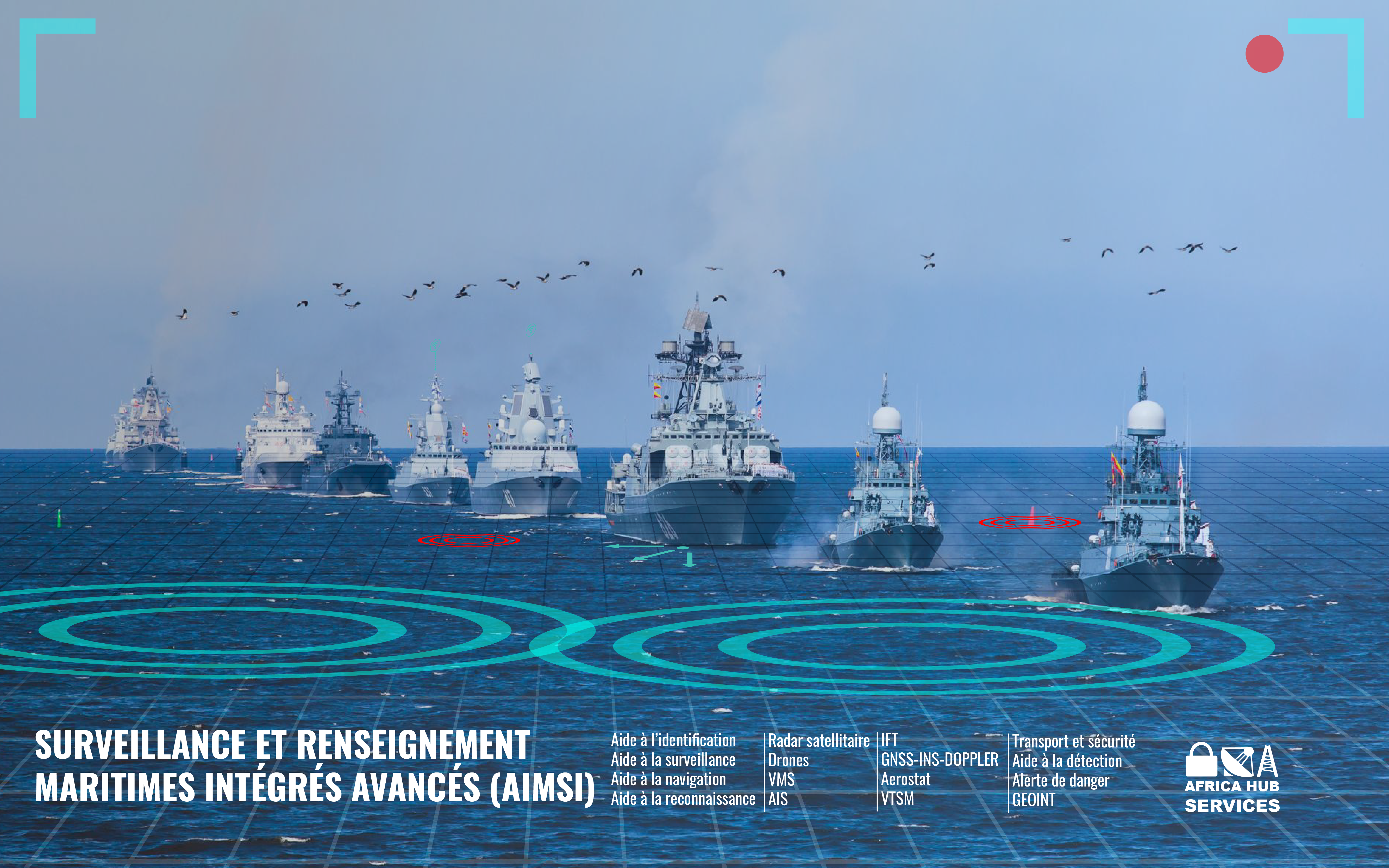
Maritime security has been identified as a major concern in Africa. Incidents of piracy in coastal waters threaten opportunities for economic development and growth.
Maritime safety is essential in the exploitation and development of offshore deposits.
Improved maritime safety will help protect small-scale fishermen, living natural resources and illegal fishing, and safe maritime traffic will make each port more attractive.
Maritime safety is essential in the exploitation and development of offshore deposits.
Improved maritime safety will help protect small-scale fishermen, living natural resources and illegal fishing, and safe maritime traffic will make each port more attractive.
Economic impact
- Coast Guard: Surveillance patrols are better organized. A reduction in patrol costs of more than 50% with less time spent at sea
- Fisheries agencies: They are now better equipped to fight against illegal fishing
- Marine insurance: With integrated marine monitoring, the cost of the insurance policy is considerably reduced, which has an impact on import/export costs. The discount of the insurance policy is at least 1/5 and up to 1/10 in the Gulf of Guinea
- Offshore resources: Increased control of the extraction of offshore natural resources will generate a loss of revenue of several million euros.
- Port management: The fluidity of the port is greatly improved
Benefits
The objective of integrated maritime surveillance is to generate situational awareness of activities at sea:- maritime safety and security,
- border control,
- marine pollution and the marine environment
- fisheries control
- assistance to law enforcement
- the defense
- trade and economy
- the environment: water quality, biodiversity, climate...
- management of natural resources: living resources, mineral resources, energy resources
- land use planning (coastal areas)
Post fallout
- Basic safety
- The improved efficiency of its commercial ports
- The development of ferry ports
- The development of marinas
- The improvement of fishing ports
- The development of underwater pipelines
- Marine materials (aggregates, sand, gravel...) and marine mining
- Aquaculture and mariculture
- Shipbuilding and other marine industry
- Tourism and cruises
- Marine energy (all forms: wind, wave, thermal...), including underwater energy transmission
- Other marine activities (desalination, exploitation of underwater sources... etc.)
- Research and innovation
- Culture (including underwater heritage).

